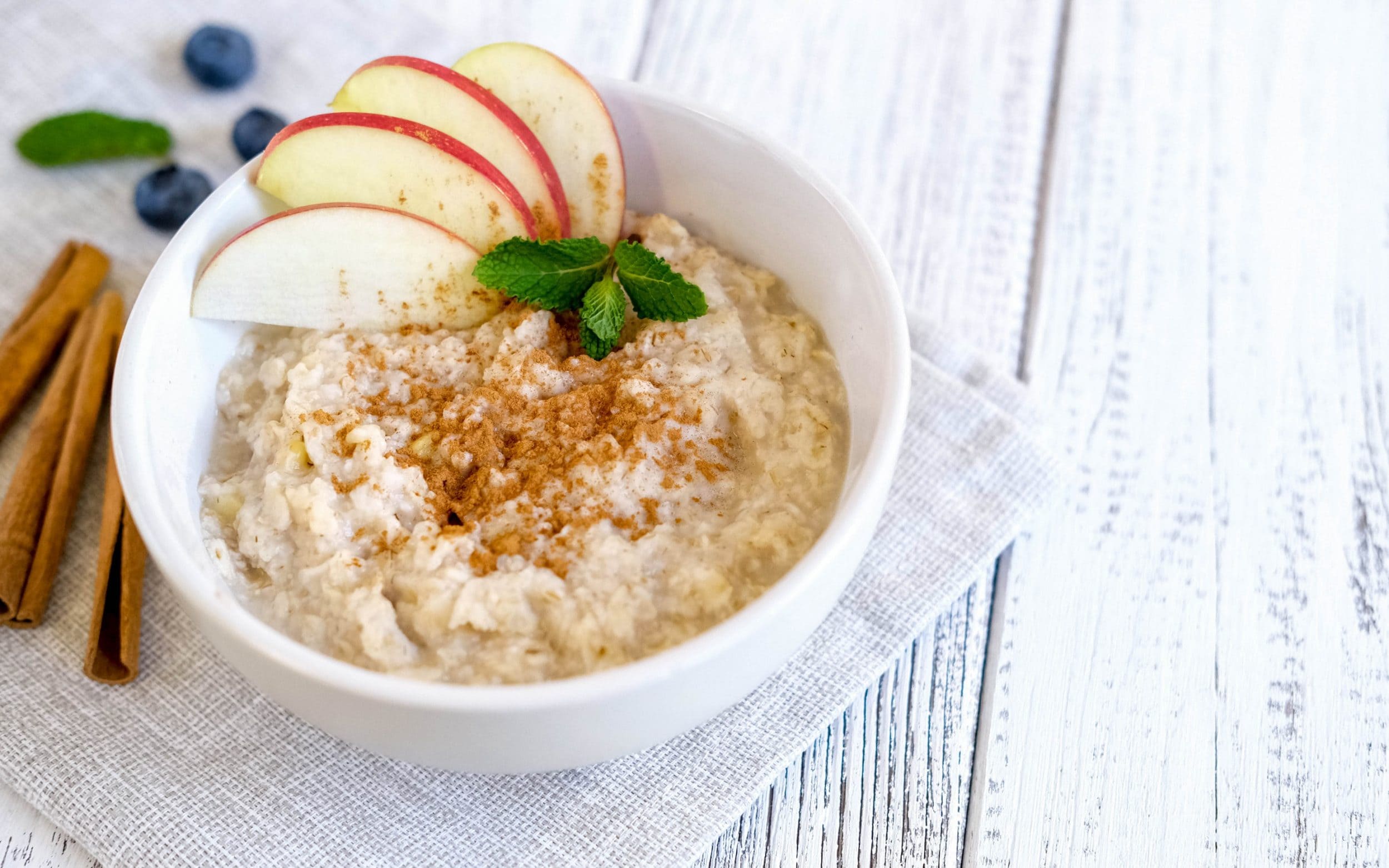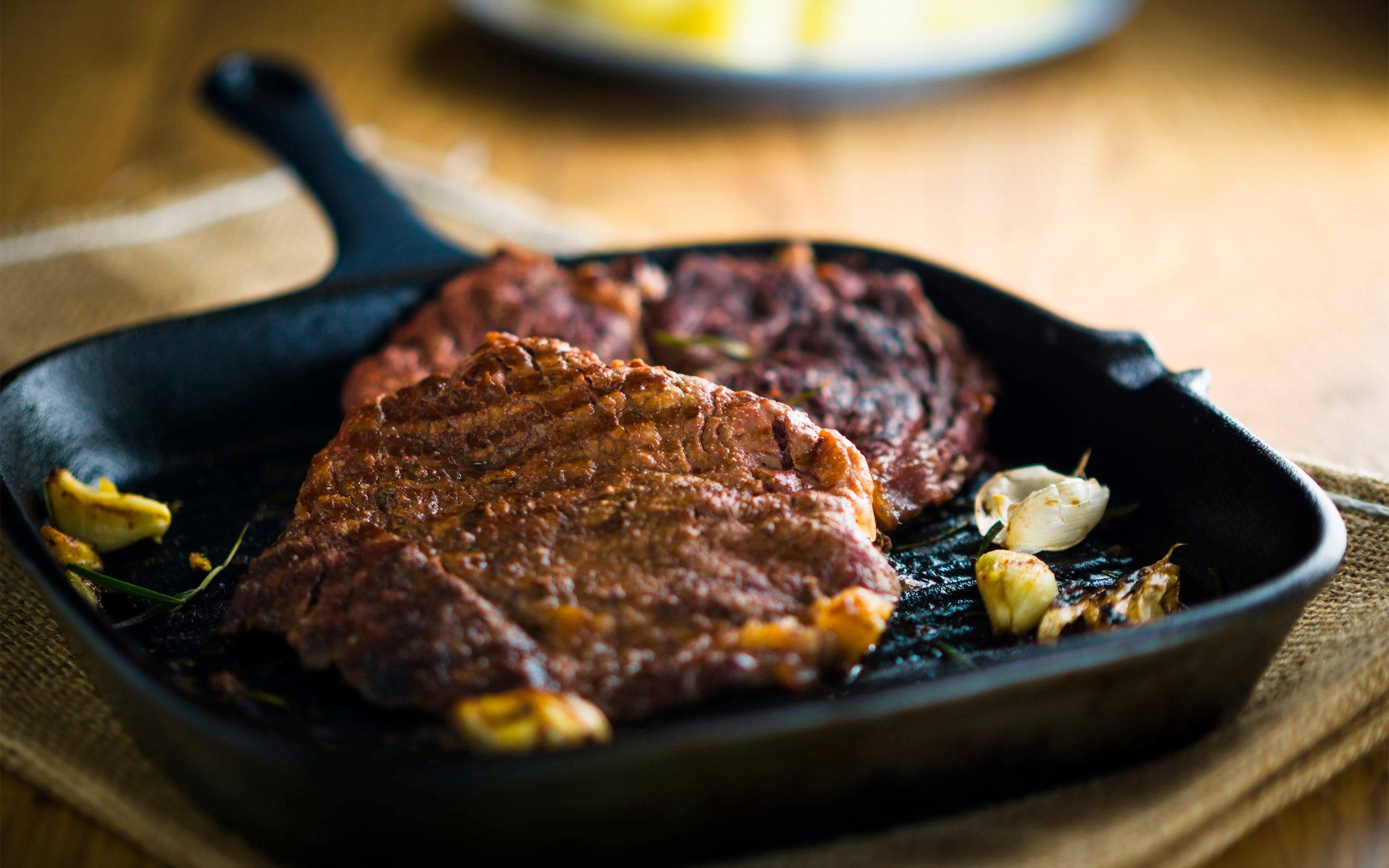The Perils of Overloading on Protein
The hunger for protein is insatiable According to a recent nationwide survey, as many as half of all adults boosted their protein consumption over the past year. Additionally, queries for high-protein items on Ocado’s online platform have doubled compared to 2023 levels.
If you're searching for the perfect protein-packed, muscle-boosting food—eggs top the list. However, cottage cheese, previously linked with boring dietary choices, has seen a surge in popularity with a 97 percent rise in demand due to its high protein and low-fat profile. The trend towards emphasizing proteins is evident across various products; nowadays, you'll find protein labels adorning items ranging from yogurt to ice cream, including some sweets like high-protein variants of Snickers and Mars bars.
The global protein bar market is forecasted to expand from £3.71 billion in 2022 to reach £5.6 billion by 2029, as stated by Fortune Business Insights.
As consumers wise up to the additives and fat content of many popular processed bars such as the tough-sounding Grenade Oreo bar which contains more fat than a Mars Bar The upcoming wave of "cleaner" protein snacks is becoming increasingly popular. For instance, Roam offers a variety of additive- and preservative-free meat bars made from grass-fed beef, free-range turkey, and pork.
Based on data from polling firm Savanta, individuals are progressively ingesting proteins with the conviction that this aids in maintaining health, boosting energy, and keeping them satiated for extended periods, not just for enhancing muscular development.
It's evident that we're caught up in a protein obsession, with numerous people, particularly men, consuming excessive amounts of protein at the expense of everything else. This trend is being fuelled by tough-talking personalities such as Joe Rogan and ex-vegan Bear Grylls, who has shifted towards a predominantly carnivorous diet. Protein enthusiasts often consume as many as 56 egg whites daily. While the advantages of proteins are widely acknowledged, could it be feasible to overindulge in something beneficial?
What is the actual amount of protein we require?
Clare Thornton-Wood, who is both a registered dietitian and a spokesperson for the British Dietetic Association, states that typically, adults of an average size obtain sufficient protein through their regular eating habits.
The suggestion is that the majority of individuals require 0.75 grams of protein for each kilogram of their body weight," she explains. "However, those above the age of 50 ought to strive for approximately 1 gram of protein per kilogram of body weight since absorption declines as we get older. People engaging in muscle-strengthening exercises should target a range of 1.2 to 2 grams of protein per kilogram of body weight.
Recommended
How much protein should your daily intake include? Try out our calculator.
Read more
For a male with an average weight of 12 stone in the UK (approximately 76 kg), the target intake should be around 57 grams of protein each day. For a female weighing about 10 stone on average in the UK (around 63 kg), this would equate to roughly 48 grams daily. The suggested amounts differ somewhat from those advised in the USA, where the recommended daily amount stands at approximately 0.8 grams of protein per kilogram of body mass.
As stated by The British Nutrition Foundation, in the UK, men typically consume around 85 grams of protein daily, whereas women generally intake approximately 67 grams per day.
What is the best way to achieve the correct equilibrium?
A balanced and nutritious diet that evenly distributes protein across various meals ought to suffice. As an illustration, a morning meal consisting of oatmeal paired with milk delivers approximately 14 grams of protein; a lunch comprising a tuna and corn sandwich made from half a can of tuna mixed with sesame-rich bread contains about 26 grams; whereas an evening dish featuring grilled chicken alongside veggies offers roughly 35 grams. Additionally, snacking on a small portion of almonds adds another 7 grams of protein to your daily intake.
"You also receive smaller quantities at various times during the day from veggies, milk in warm beverages, and even from treats such as chocolate and cookies," notes Thornton-Wood.

Certainly, numerous individuals who consume supplemental forms of protein, like shakes, do so frequently. and bars It might be a waste of time and resources because the human body doesn’t retain protein. Rather, proteins break down into amino acids; these are expelled from the system when unused. In situations where one consumes large amounts of protein, the surplus gets converted into glucose and ends up being stored as fat.
"If you're fully committed to consuming foods rich in protein or supplemented with it and aren’t particularly active or engaged in significant strength training or muscle-building activities, you might end up taking more than your body can use effectively, leading to excess being excreted," explains Thornton-Wood.
What are the dangers of consuming excessive amounts of food?
Protein is a vital nutrient present across the entire body, not limited to muscles alone but also including bones, skin, hair, and all other tissues. It forms the enzymes responsible for driving biochemical processes and constitutes hemoglobin which transports oxygen through the bloodstream.
Having excessive amounts of protein does not pose many risks essentially. In fact, a study conducted by Harvard University tracking 130,000 individuals over as long as 32 years discovered that the proportion of calories derived from proteins had no connection with general mortality rates or deaths due to particular causes.
Research suggests that the form of the protein (the protein package) may be more influential for health than the quantity. For instance, a high-protein diet that depends primarily on red meat It may also have high amounts of saturated fats, whereas a diet based mainly on powders and bars could involve many processed components.
Inflammation
Scientists from the University of Navarra in Spain have indicated that some proteins derived from animals may lead to greater levels of inflammation when contrasted with foods such as legumes, nuts, and beans. Their study revealed that individuals who were overweight and adhering to dietary plans with increased intake of protein from meats exhibited elevated markers of inflammation relative to those whose protein primarily came from fish or plants.
However, another study Of the 2,061 participants studied, it was observed that individuals with the highest protein consumption experienced a smaller increase in overall inflammation and oxidative stress compared to those with the lowest protein intake. The research suggested that dietary protein, especially when derived from plants, might lead to advantageous modifications in the inflammatory load among older adults.
Heart problems
A study carried out at the Harvard T.H. Chan School of Public Health, which is affiliated with Harvard University, revealed that consuming moderate quantities of red meat, particularly processed varieties, correlates with a heightened likelihood of developing heart conditions and suffering strokes. Additionally, this consumption raises the probability of succumbing to cardiovascular ailments or death from other causes. An additional piece of research from 2010 corroborates these findings. study Analysed information on the eating patterns and well-being of 84,136 women and found that consuming large amounts of red meat can elevate the chances of developing coronary heart disease (CHD). The study also suggests that opting for alternative proteins could lower this risk.
Bowel cancer
Again, the issue is not the amount, but rather the kind of protein being eaten.
As Thornton-Wood explains: “ Bowel cancer is associated with excessive intake of red meat and high consumption of processed meats.
In 2015, the World Health Organization’s International Agency for Research on Cancer determined that consuming processed meats is linked to cancer, with red meat being "possibly carcinogenic to humans." According to Thornton-Woods, prioritizing protein intake over other nutrient-rich foods such as fruits, vegetables, and whole grains might pose additional health hazards.

"Your intestinal microbiome is probably going to have lower diversity. We understand that possessing a robust, healthy, varied gut microbiome can help prevent cancer," she explains.
The data indicates a positive association between consuming processed meats and an increased risk of stomach cancer. Additionally, it highlights the connection between eating excessive amounts of red meat—especially during adolescence—and a higher likelihood of developing pancreatic, prostate, and breast cancers.
Grilling at high temperatures can also lead to the formation of cancer-causing substances on red meat.
Kidney failure
Upon ingestion of proteins, they get decomposed into amino acids that are subsequently utilized for constructing and mending tissues. However, this breakdown yields waste substances like urea and urinary calcium, necessitating their removal from the bloodstream via the kidneys' filtration activity. Such a function may impose stress on the kidneys, leading to various issues ranging from kidney stones to renal failure.
A 2020 review published in the American Journal of Kidney Diseases alerted that consuming high-protein diets might harm renal function and lead to various issues resulting in chronic kidney disease and irreversible kidney damage for individuals with or without pre-existing kidney concerns. Additionally, the type of dietary protein appears significant; animal-based proteins have been linked to a heightened chance of reaching end-stage kidney disease according to multiple observational research findings.
"Eating too much protein can place additional stress on your kidneys, especially if you have a pre-existing kidney condition. Moreover, as you age, your kidneys become less effective at processing proteins," explains Thornton-Wood.
Diabetes
Consuming greater amounts of red meat may increase your likelihood of facing certain risks. Type 2 diabetes While eating nuts, legumes, and poultry is associated with a reduced risk.
Constipation
The connection between constipation and high protein intake is still not clear; however, research indicates that when proteins replace other dietary components like fibre and carbs, this can lead to GI issues. Evidence for this was seen in studies from 2024 onwards. paper For instance, it was determined that the consumption of dietary protein does not correlate with changes in stool consistency or frequency-related constipation, except when combined with insufficient carbohydrate intake, which might influence stool consistency.
Bloating and diarrhoea
Individuals consuming large quantities of protein powders, shakes, and bars may be susceptible to bloating , flatulence And diarrhoea. These gastrointestinal symptoms are typically triggered by ingredients in products known as sugar alcohols, or polyols. When these sweeteners aren’t completely absorbed in the small intestine and are ingested excessively, they can cause digestive discomfort.
Some evidence indicates that ketogenic diets may also lead to gastrointestinal symptoms. study In mice, it was observed that a diet rich in fats and proteins changed the composition of lactose-producing bacteria within their gut contents, potentially leading to such alterations. diarrhoea .
The perilous territory of protein intake: When does it become excessive?
There is no definitive answer, and detrimental protein intake depends largely on the type of protein being consumed. However, according to Dr Howard LeWine, a practising internist at Brigham and Women’s Hospital in Boston, for the average healthy person who is not an athlete or bodybuilder, “it’s probably best” to keep total protein intake to no more than 2g per kilogram of bodyweight. This equates to 128g or more a day for a ten stone person and 152g daily for a 12st person, equivalent to around four to four-and-a-half chicken breasts a day.
Enjoy The Telegraph’s fantastic selection of Puzzles – gaining sharper mental faculties each day. Engage your mind and enhance your spirits with PlusWord, the Compact Crossword, the challenging Killer Sudoku, and even the traditional Cryptic Crossword.
Comments
Post a Comment